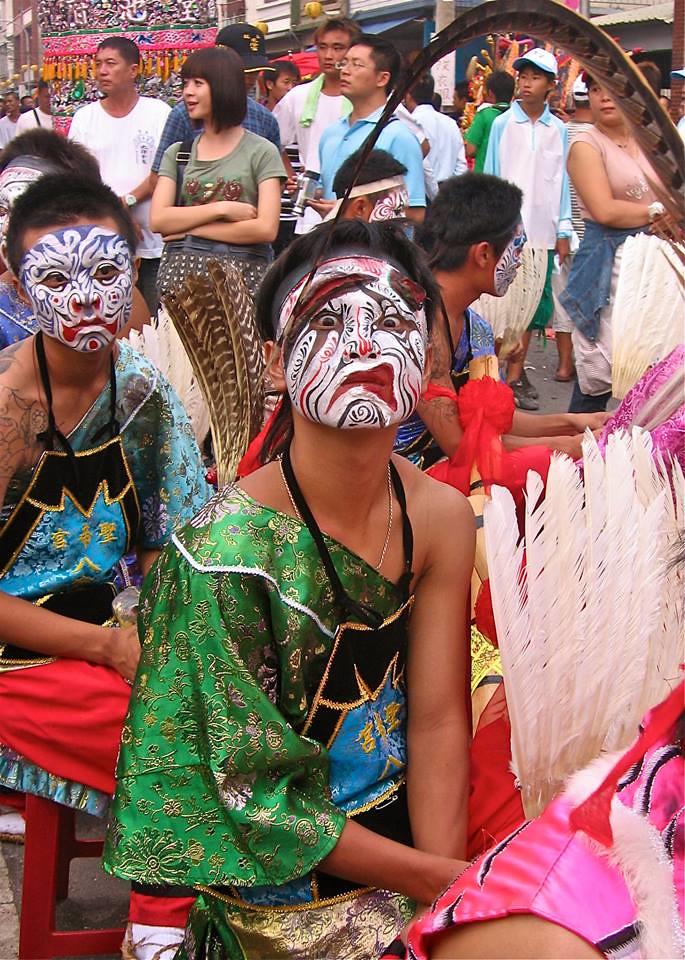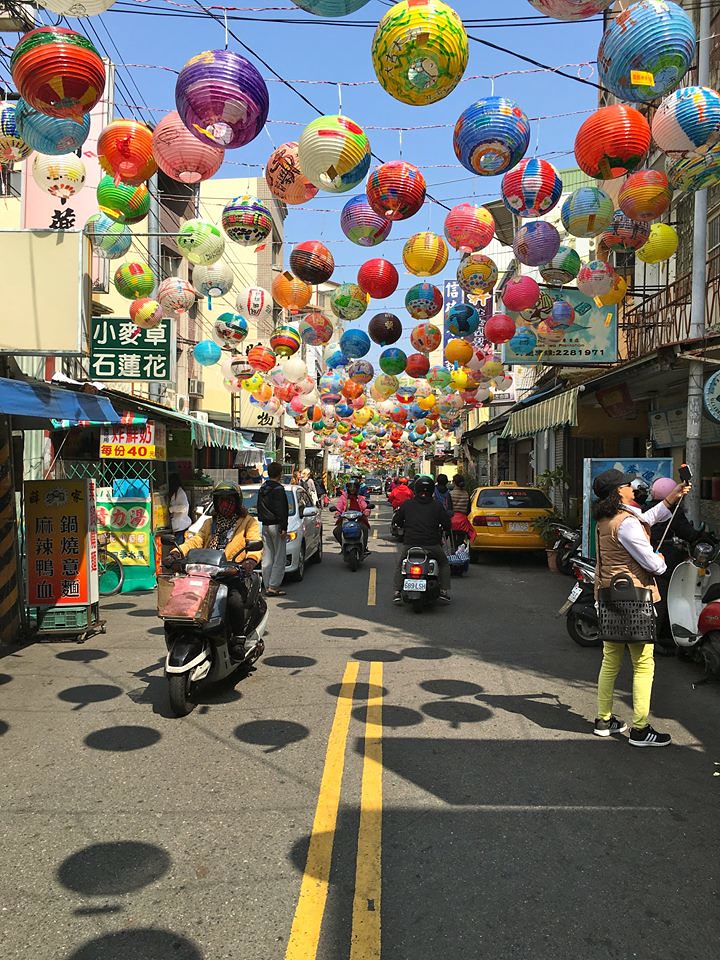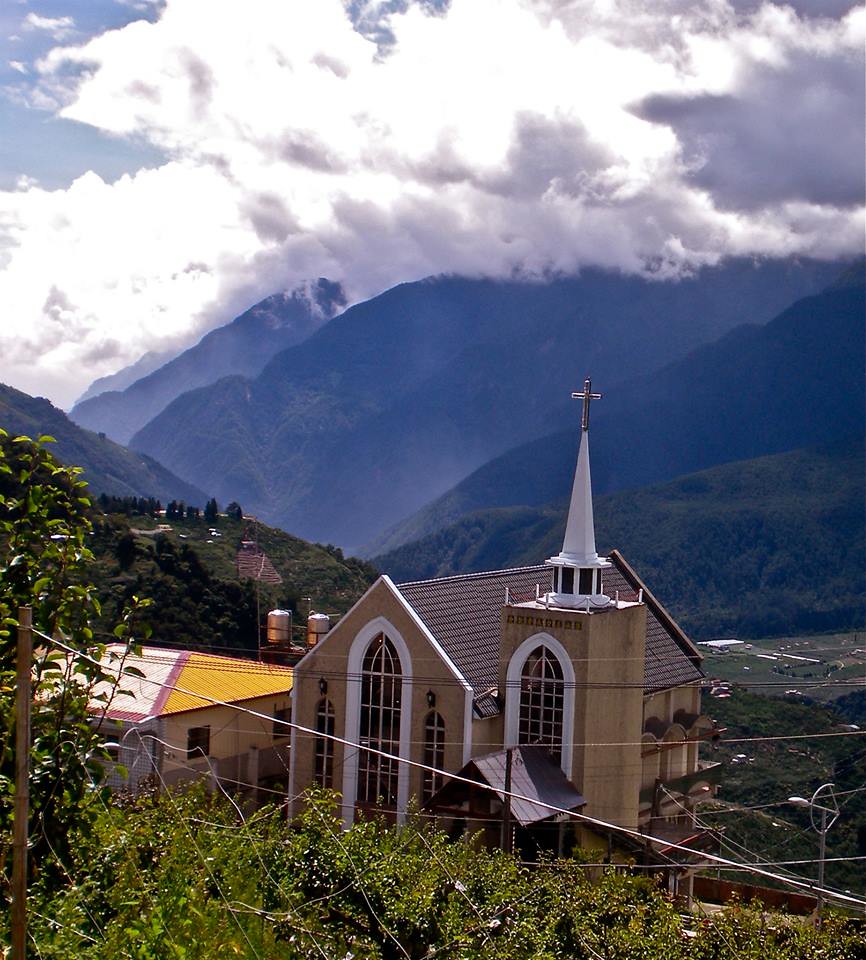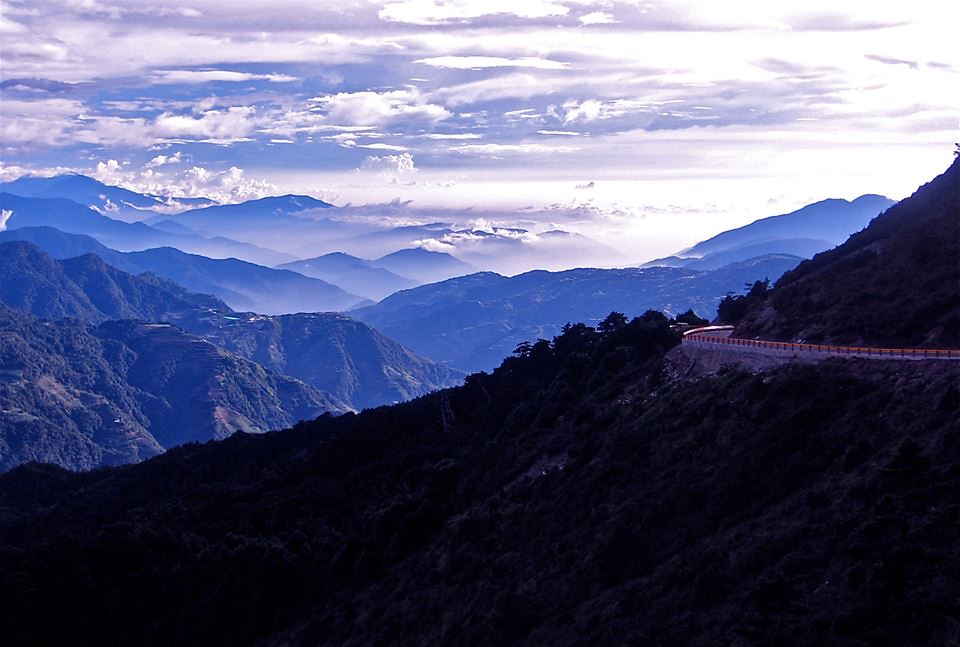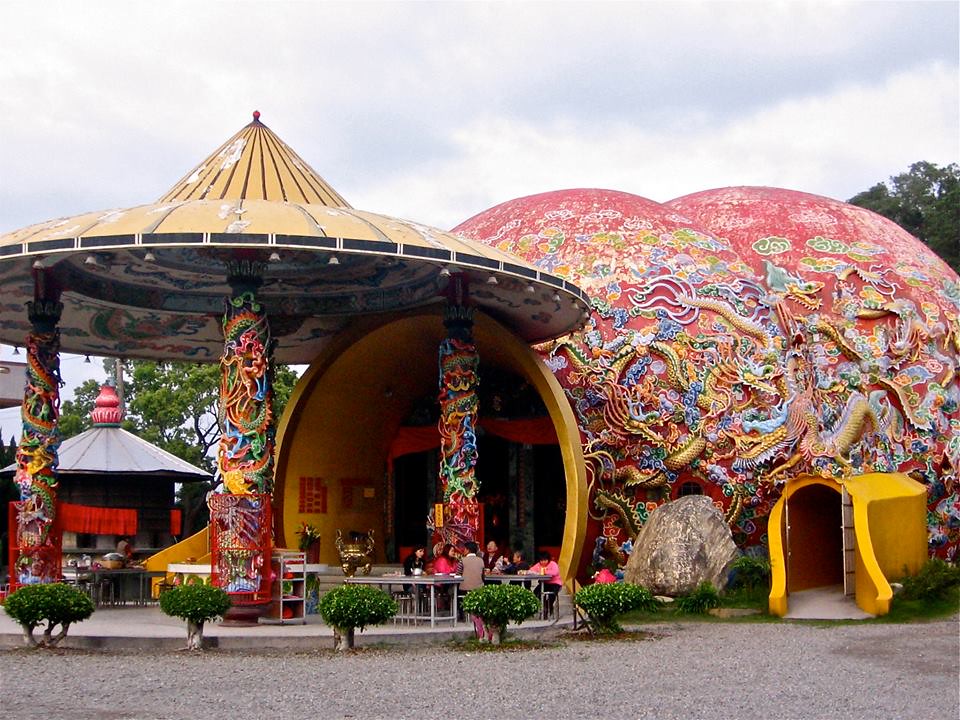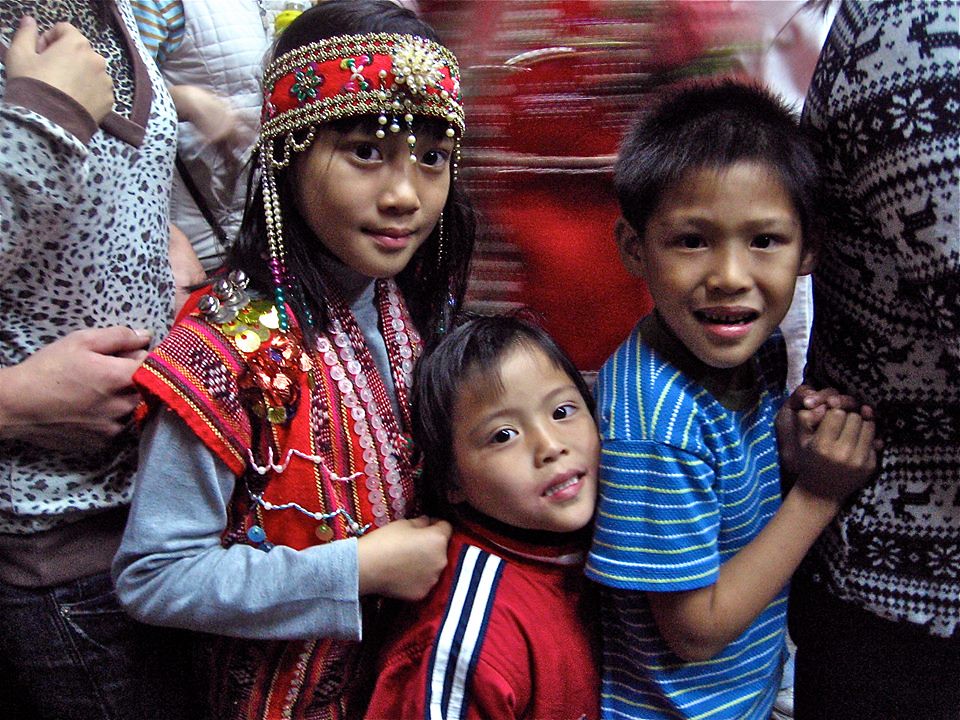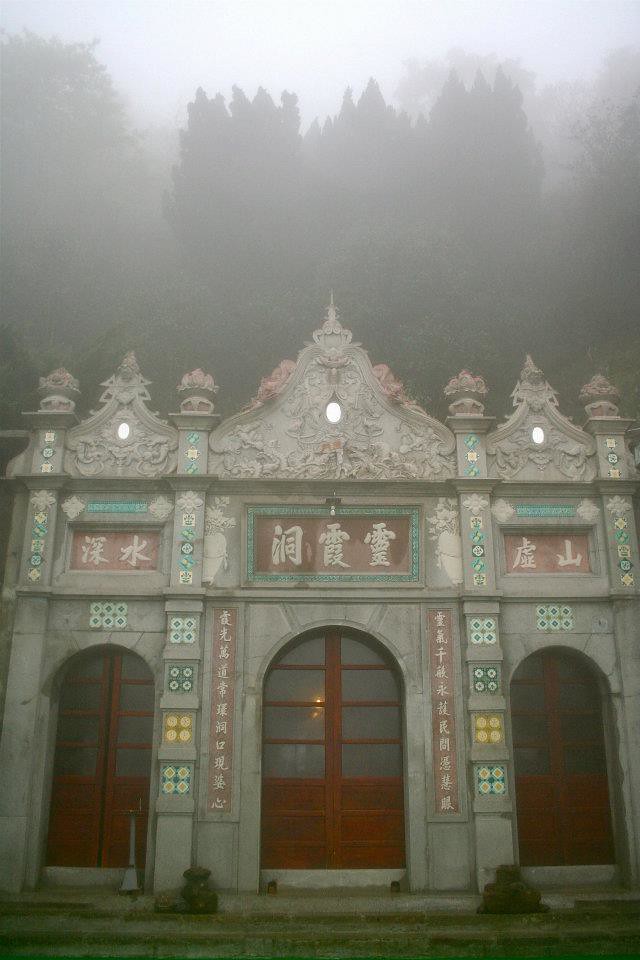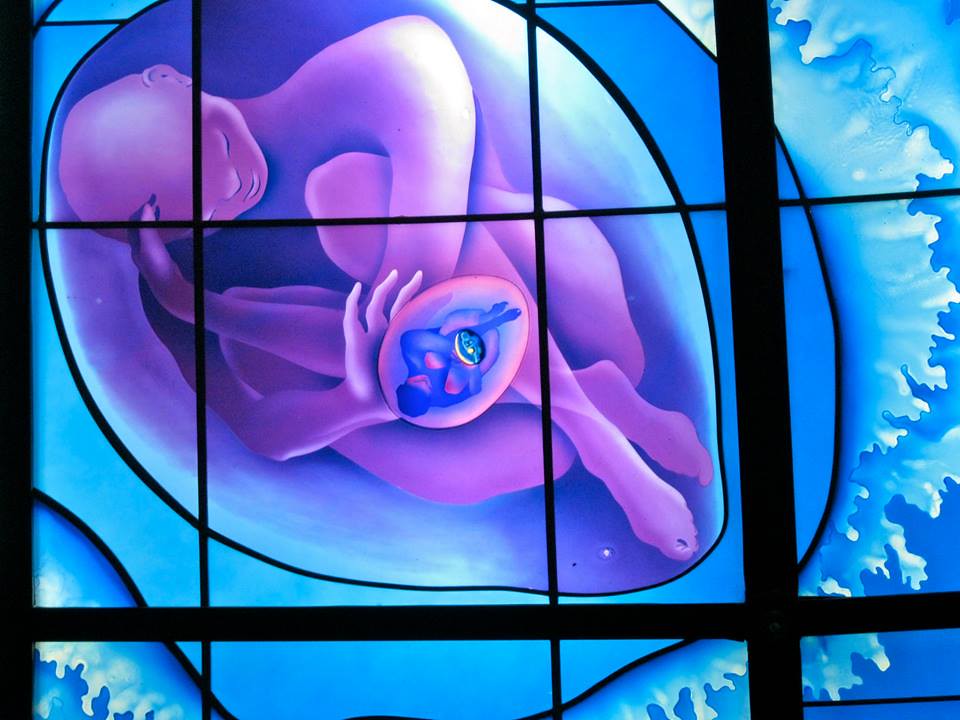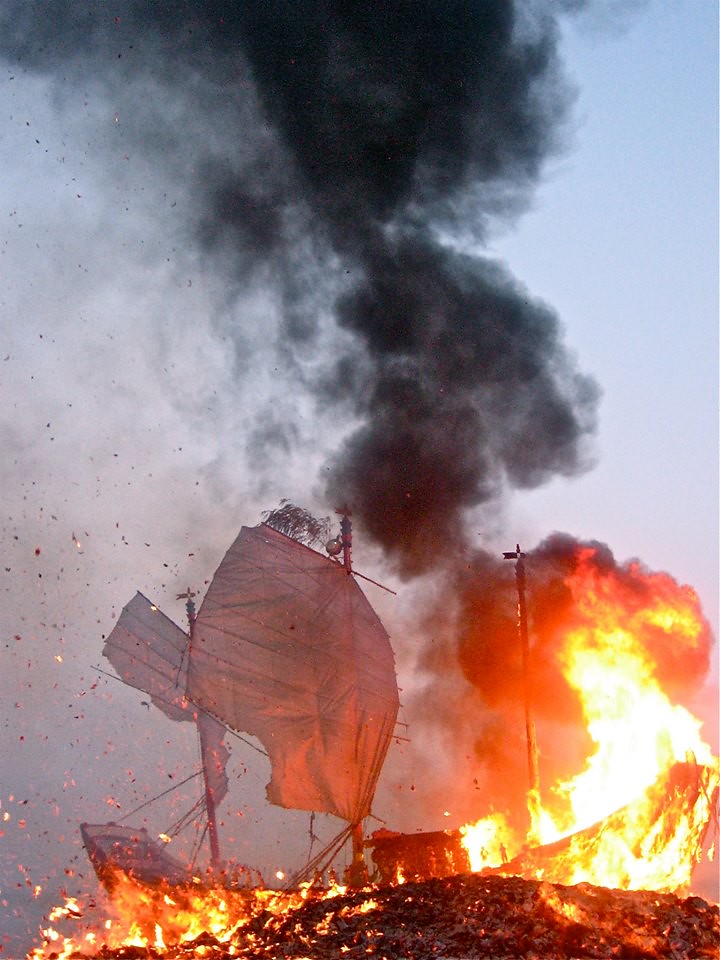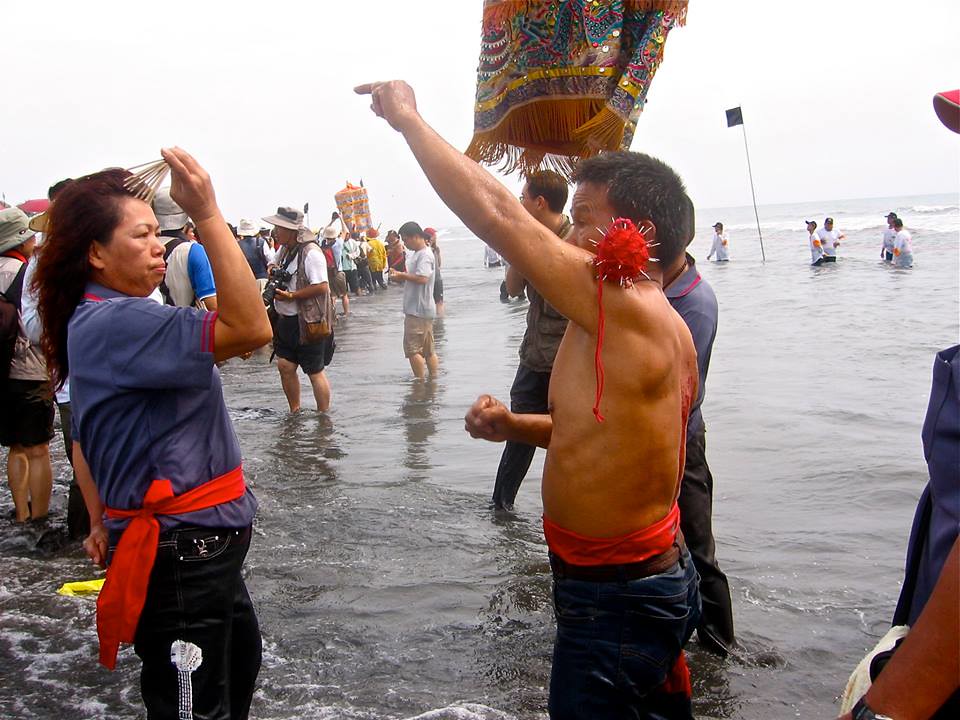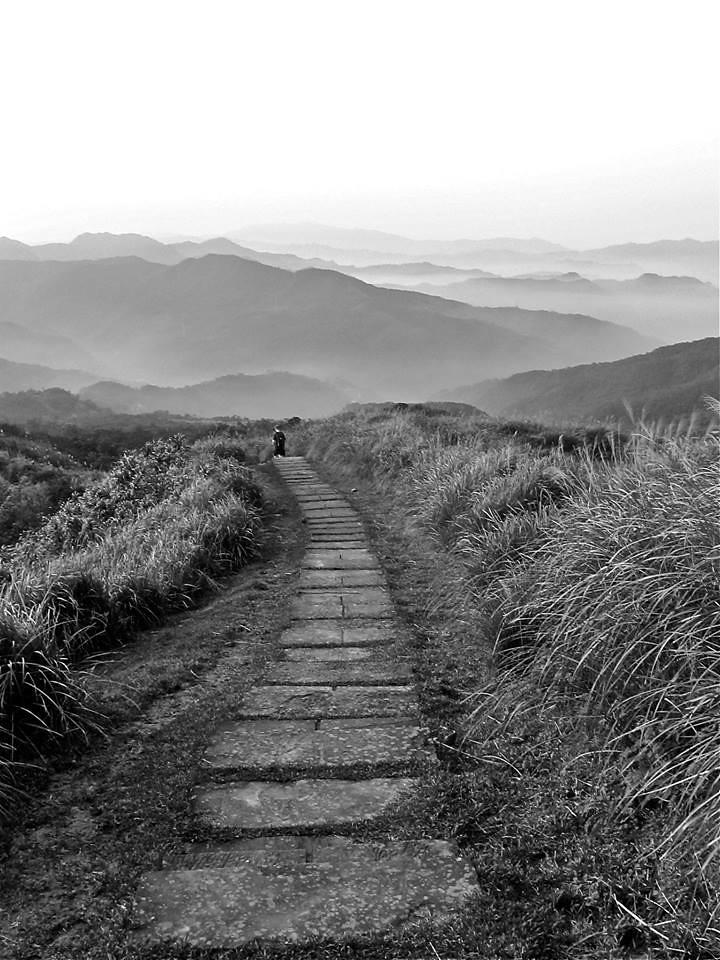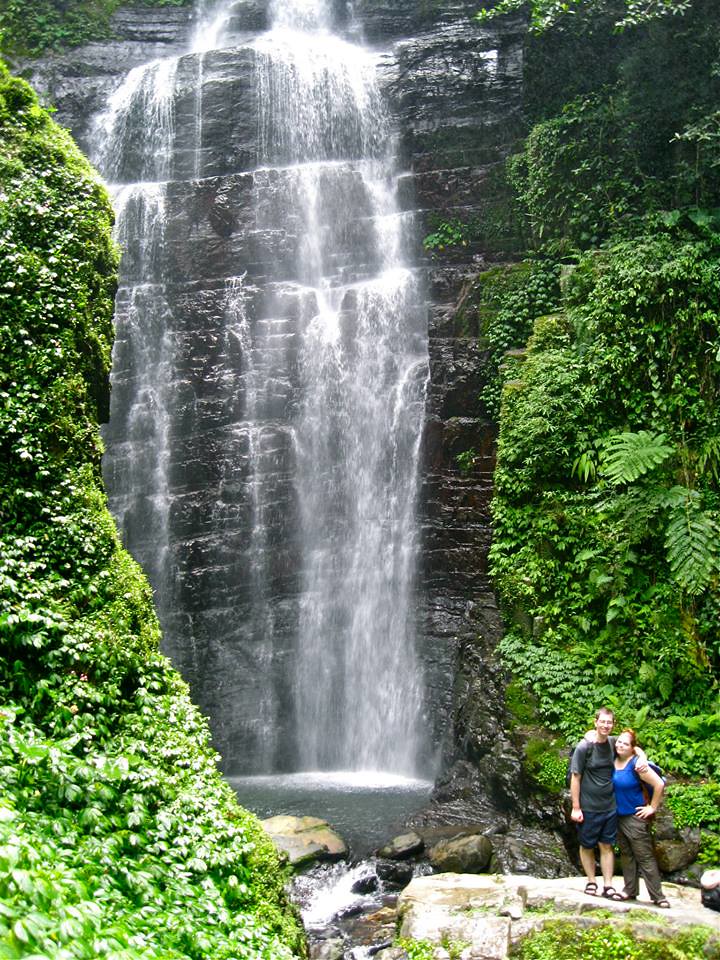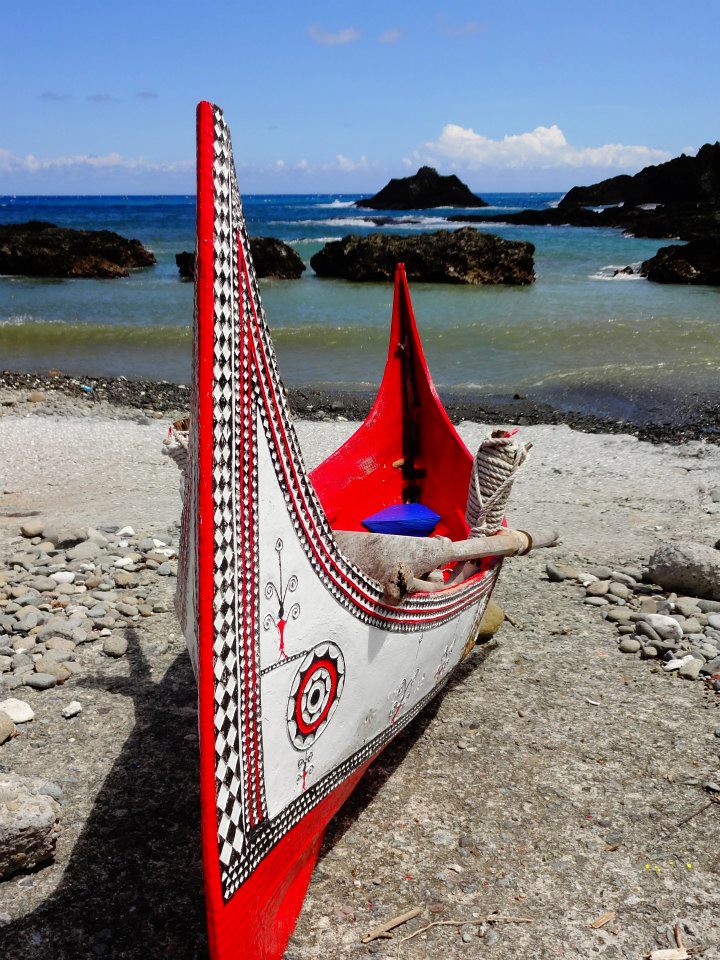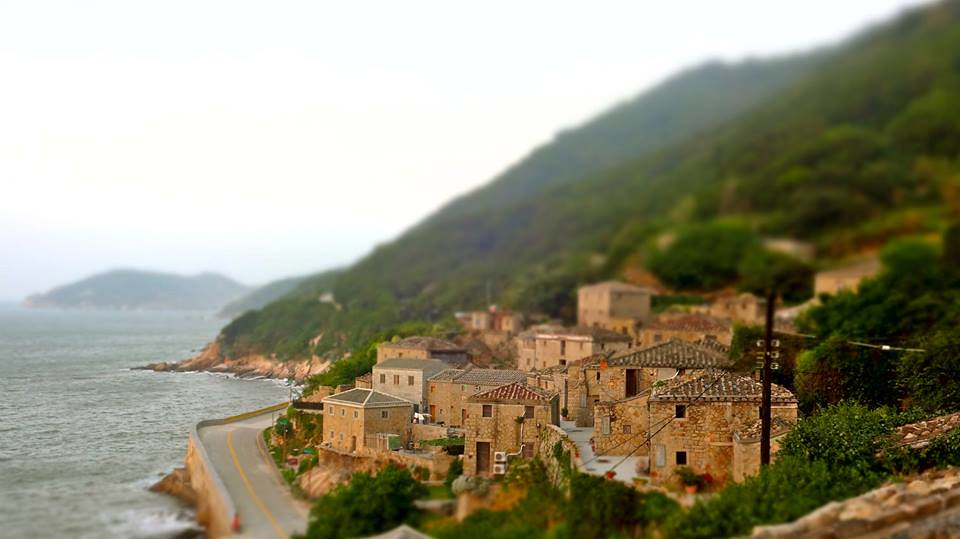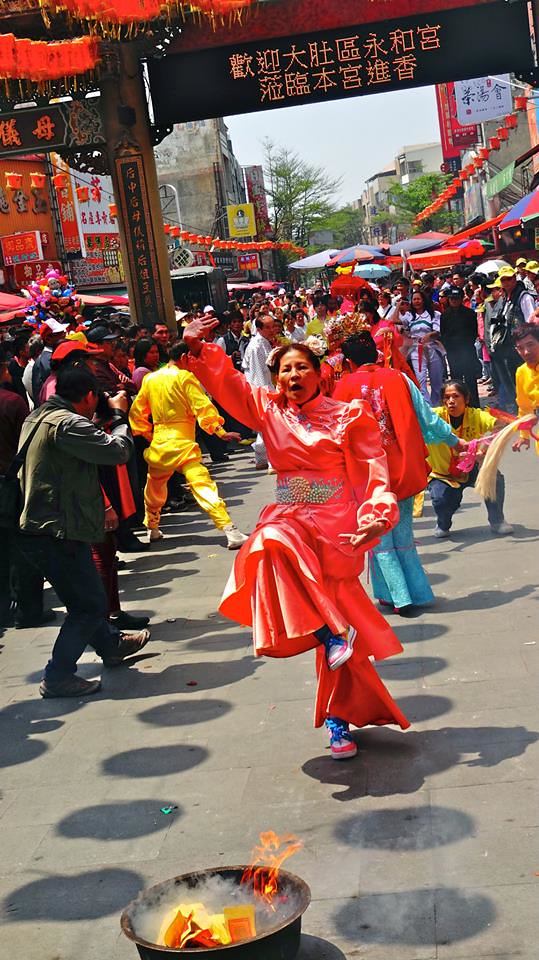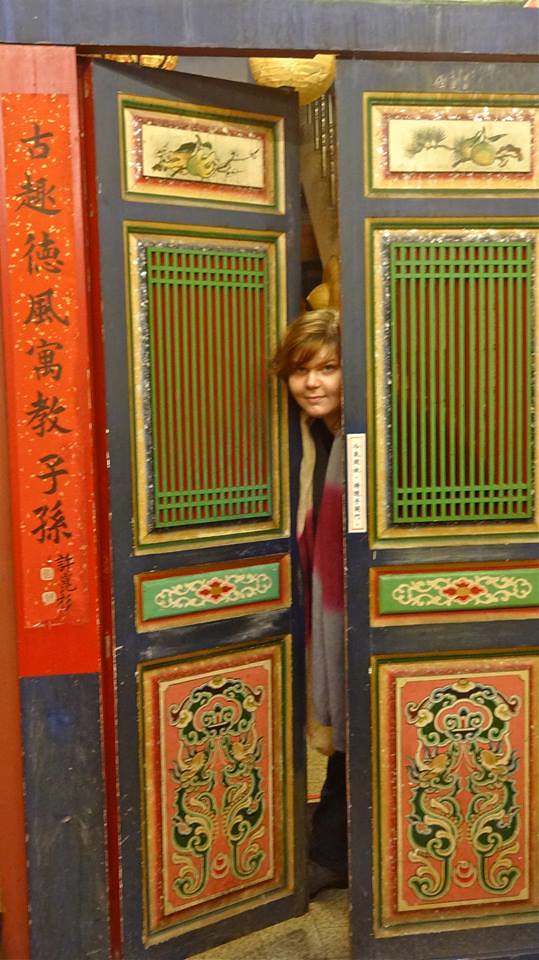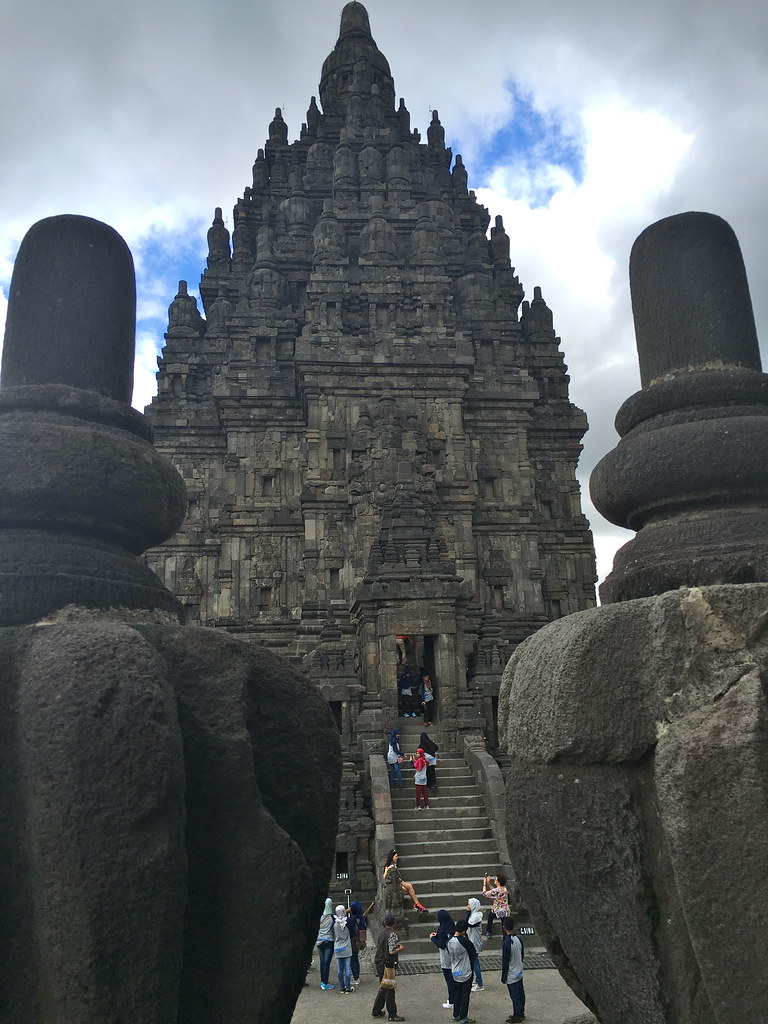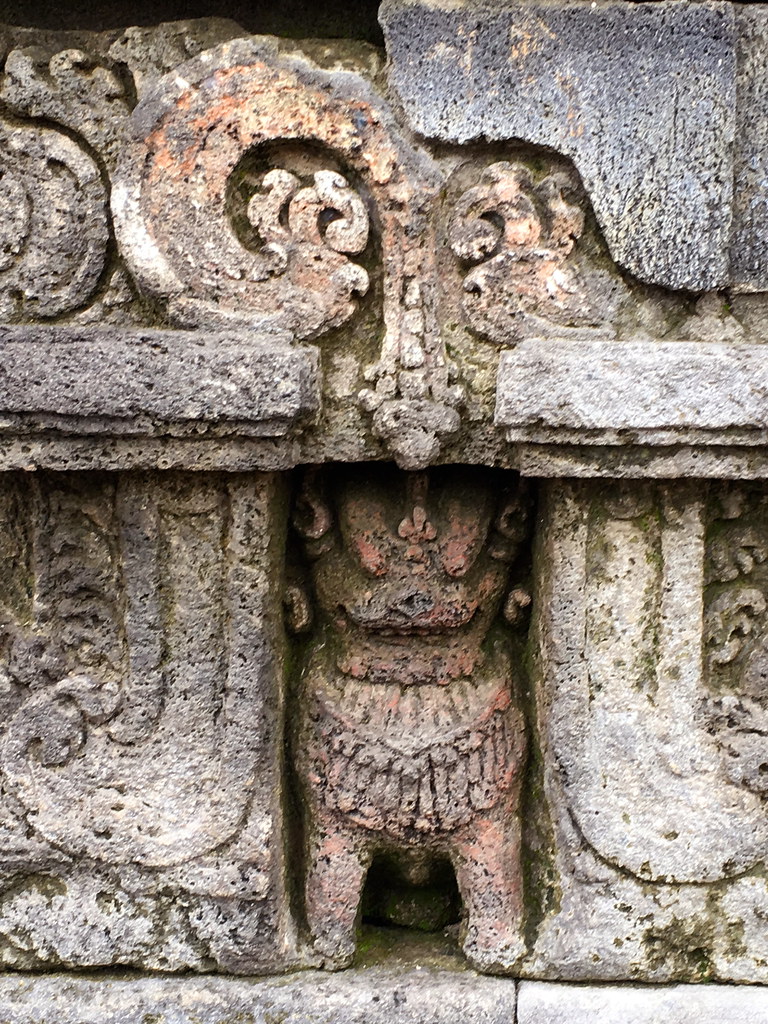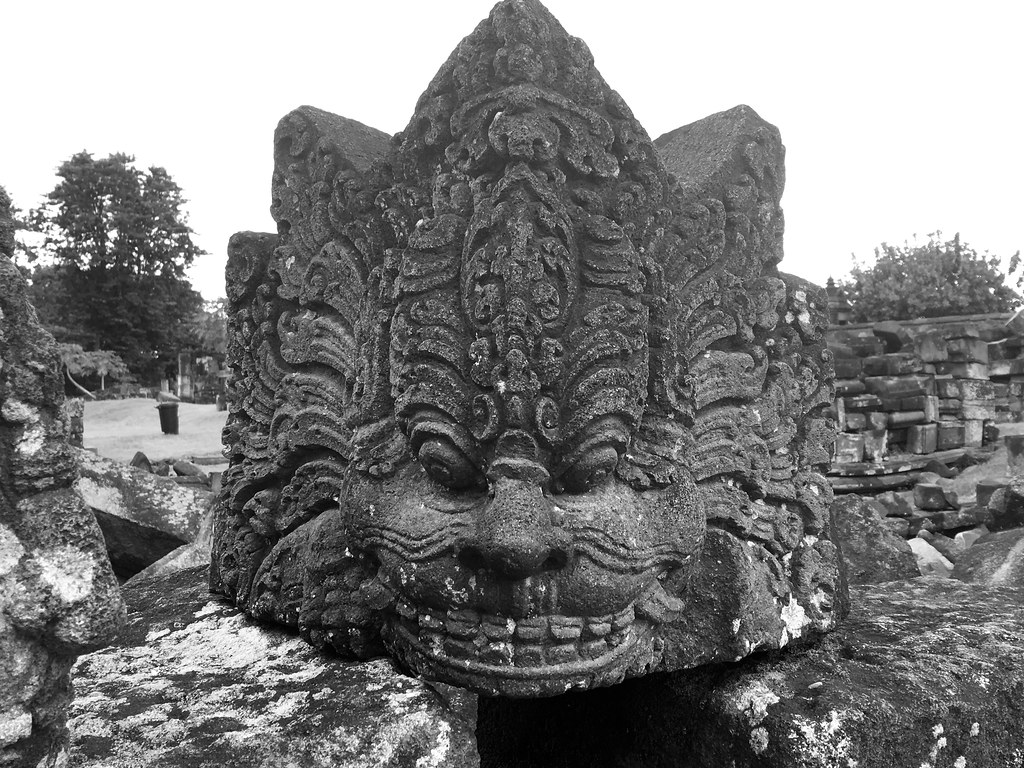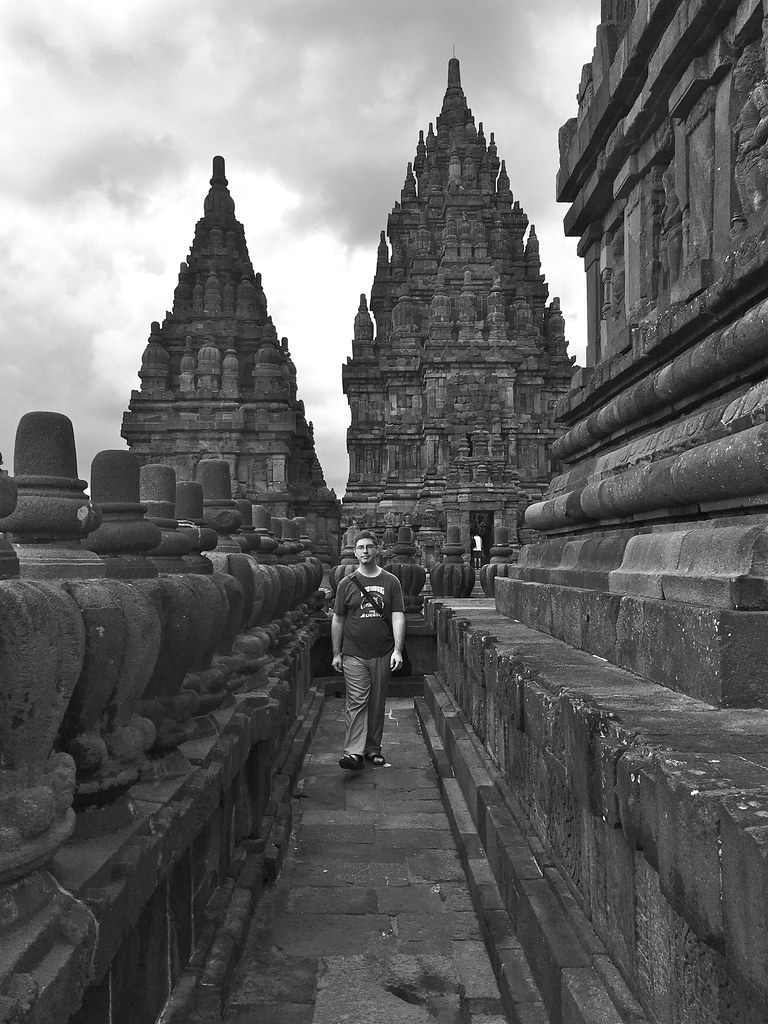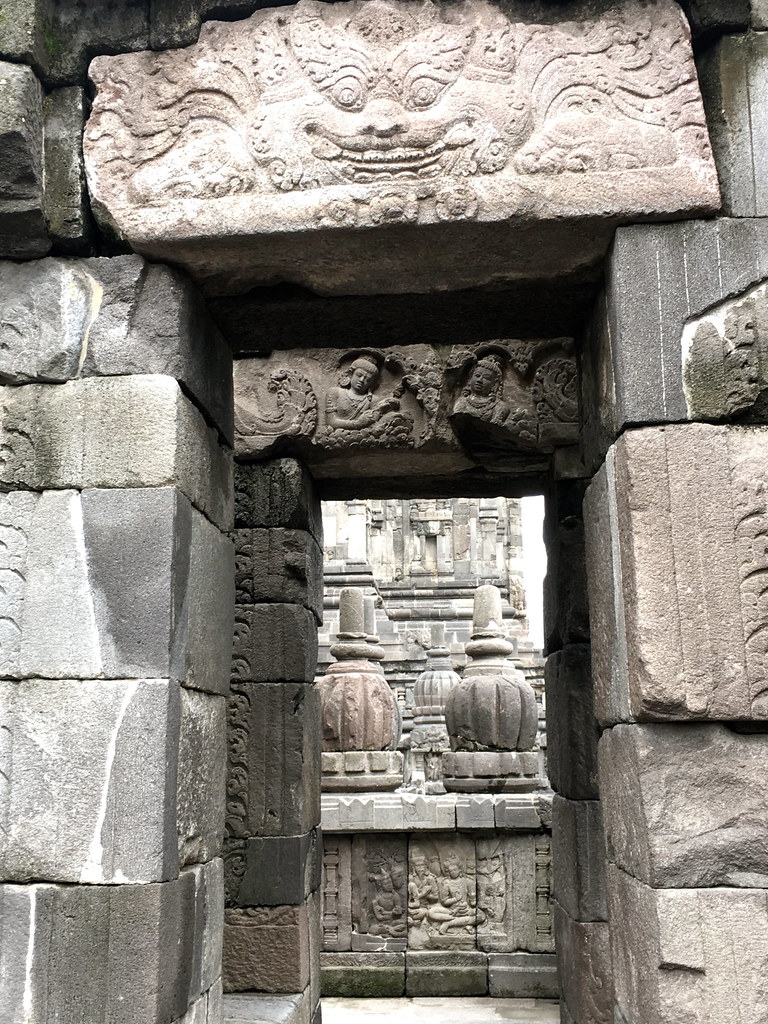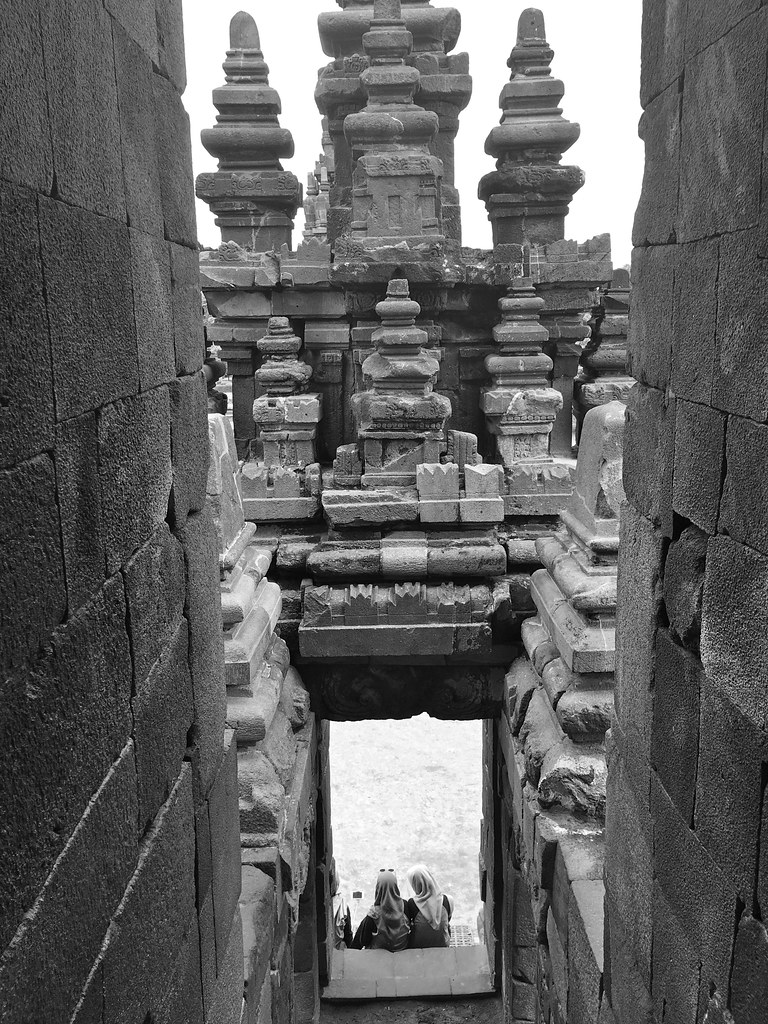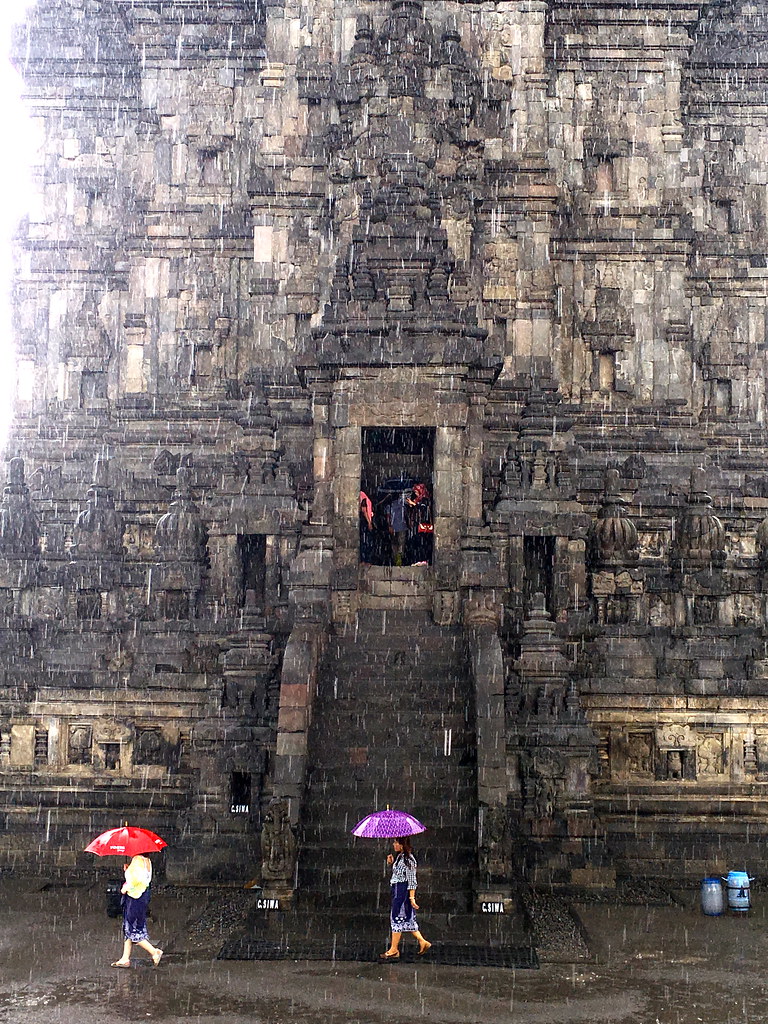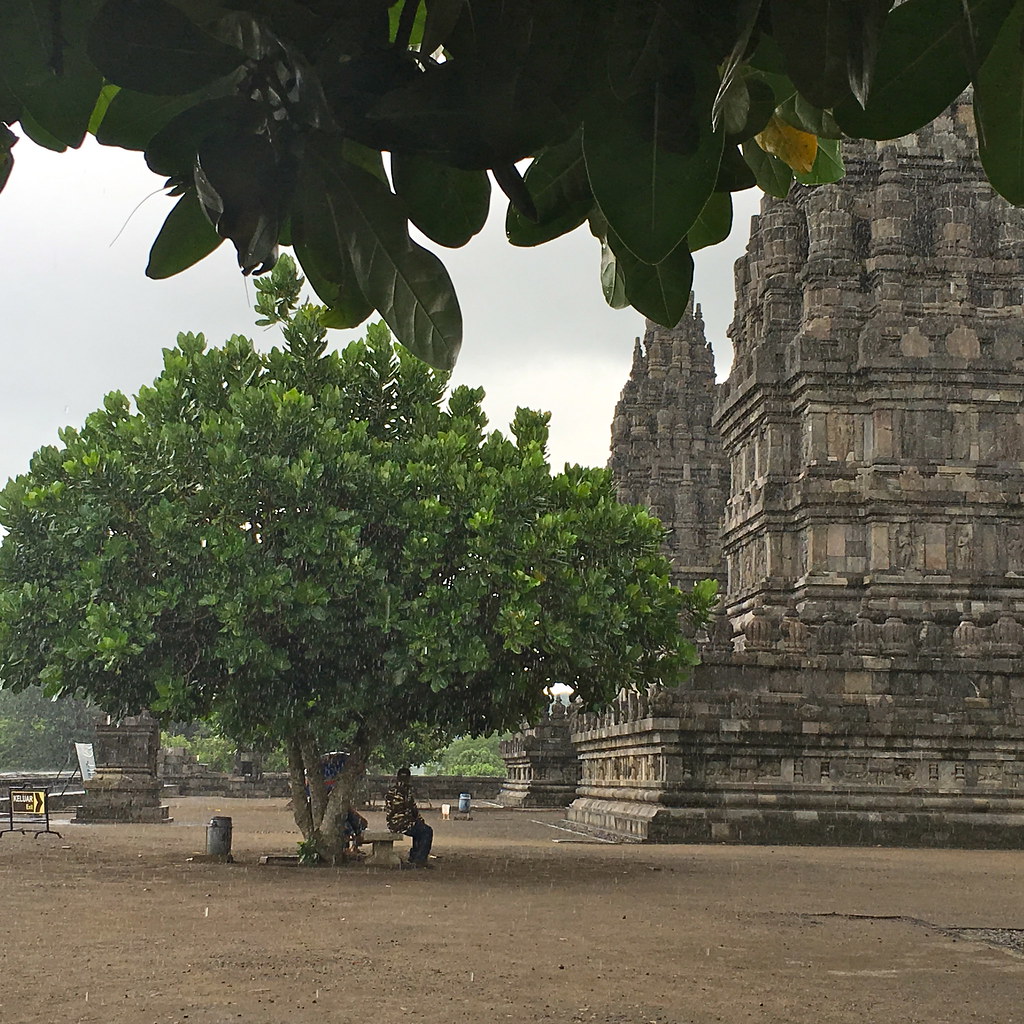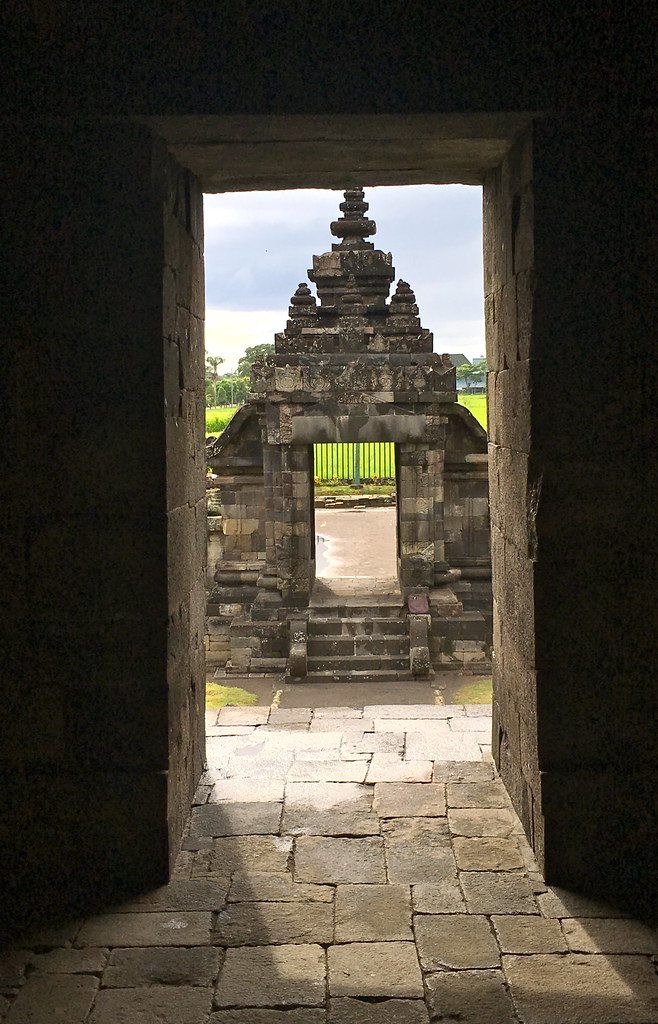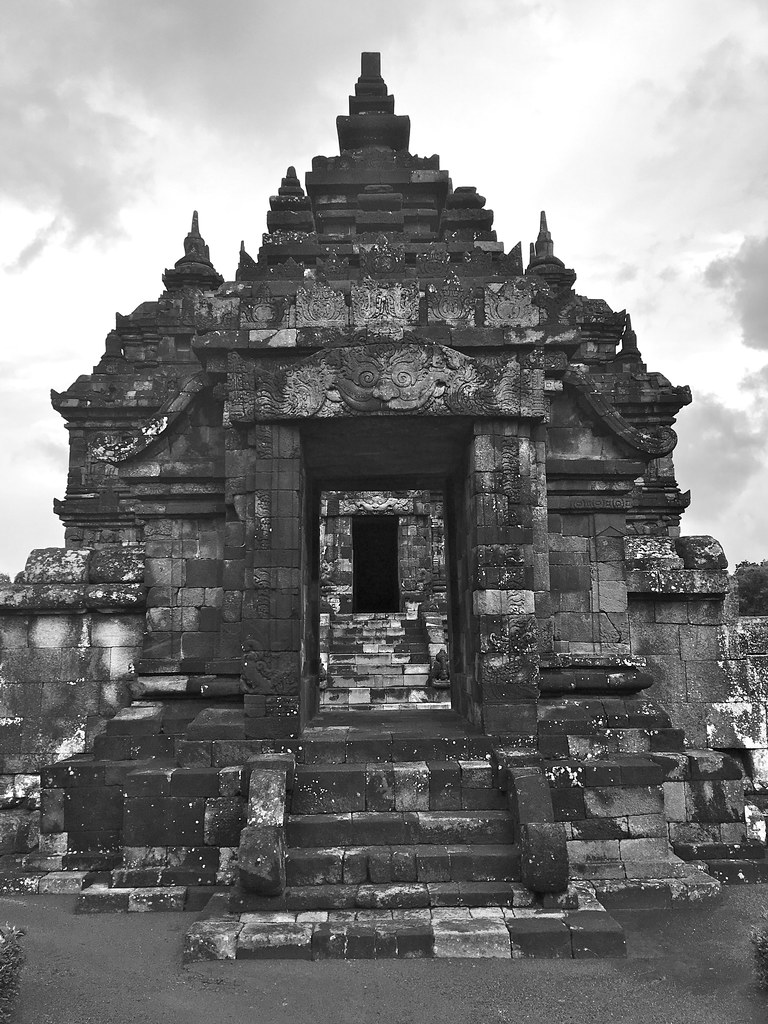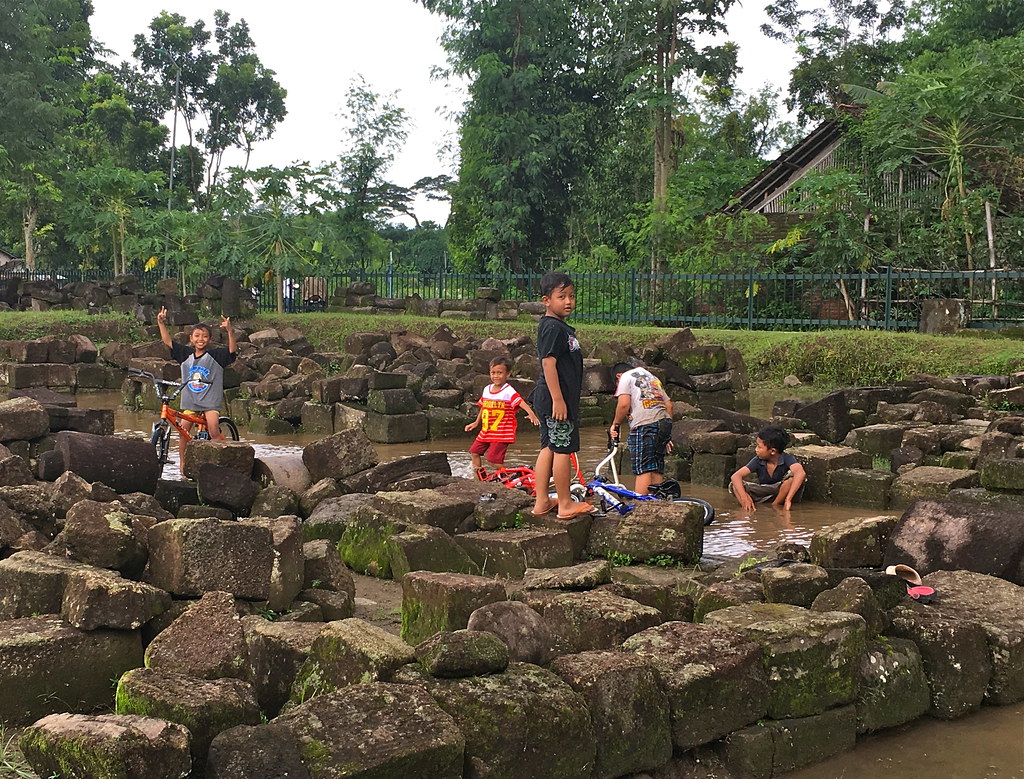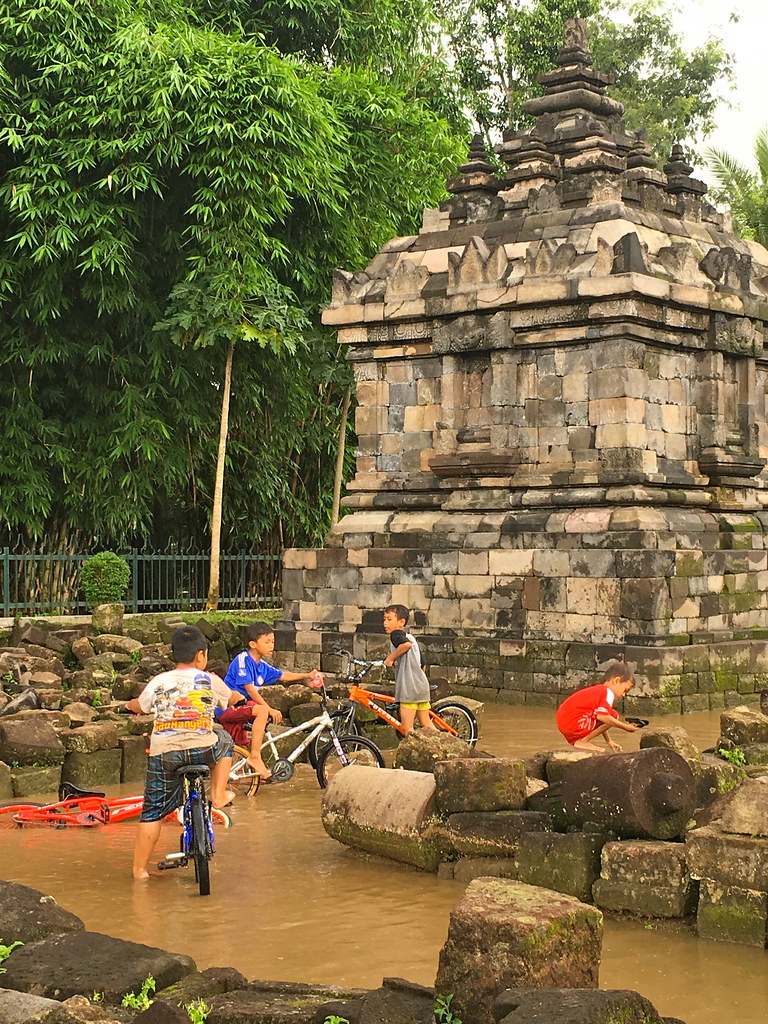I may make fun of the Chinese government, and it is certainly well-deserved, but I am really very sorry to hear about the bus fire that killed at least 26 in Taiwan including 24 Chinese. It's important to remember that as much as we may make fun of public discourse or terrible leaders, that it is never okay to make light of real, individual human lives. I really am saddened by this, and extend condolences to the families affected.
In solidarity with the artists and entertainers who have been forced recently to apologize to the People's Republic of China for being so, so wrong and unforgivably arrogant as to have views that differ from those that the Chinese government and its phalanx of paid Internet trolls, I would like to express my most sincere and heartfelt apologies to the People's Republic of China and their eminently competent, reasonable leaders. This includes the Chinese people of Chinese Taipei, Chinese South China Sea and the Chinese Moon which has been Chinese since antiquity.
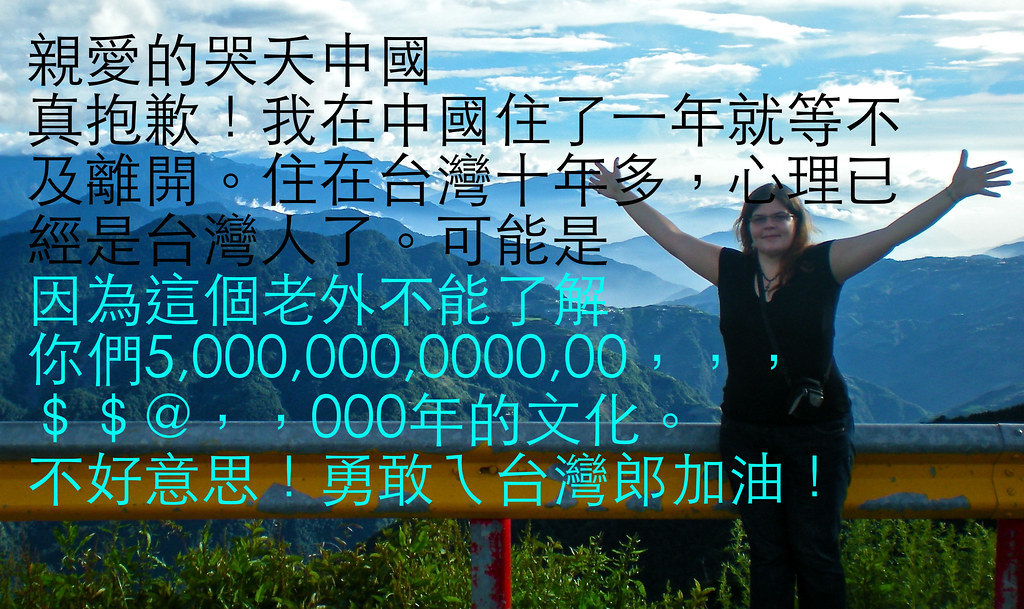 |
| Photo created by me, originally posted here (you can go ahead and like it if you want, but don't feel obligated) |
I have many things to apologize for. For example, I am deeply sorry that I live in a society that treats women better than your society does, and one in which laws regarding women's rights are superior. For example:
I must also apologize for the embarrassing situation in which, on a daily basis, I breathe cleaner air than 1.7 billion Chinese people. A big nose foreigner such as myself has no right to breathe healthier air than the great and superior Chinese race of China, a country where everyone is exactly the same race (Chinese) with no deviations.
I apologize that I only speak one dialect of the Chinese language, and have only basic proficiency in another. I understand that there are many dialects to this one singular language and it is my weaker, less intelligent, nearly ape-like foreign monster brain that has made it impossible for me to also comprehend the entirety of the Chinese language, including Cantonese, Shanghainese, Sichuanese, Uighur, Tibetan, Miao and Dong. If I were Chinese with a superior intellect I would be able to instantly understand all of these languages as they are closely related, mutually intelligible and in fact inseparable under the rubric of "the Chinese language". I am a lazy and incompetent student as I have only learned the Mandarin aspect of the Chinese language, and I deeply regret that my scholarship is lacking.
I am deeply remorseful for living in a free society in which I can express my views freely in written and spoken form, criticize political leaders, participate in protests if I so choose and generally enjoy the protections of basic human rights and the rule of law. I am very sorry, furthermore, that I prefer living such a materialistic Western running dog lifestyle to...not doing that.
I am very sorry that, while that gaggle of pre-intermediate buttclowns in the Communist Party of China talks of China's progress in gender equality, that marital rape is illegal in Taiwan but is not considered 'rape' in China. My most heartfelt apologies for finding this utterly barbaric and unacceptable.
I am also sorry that I have not sufficiently supported Chinese efforts to reclaim its ancestral territory in Canada, the North Pole, the Solar System and the Andromeda Galaxy. I understand that these are sacred and inalienable parts of China since antiquity and reflect with perfect accuracy the historical borders of China during its earliest dynasties before the Big Bang.
I realize that my Western capitalist dissolute ways and immoral, irrational viewpoints are unacceptable to the fragile, sensitive hearts of the People's Republic of China - hearts which beat as one with national pride and glory - and I would like to express my most considerate and long-meditated-upon contrition for immorally and irrationally daring to criticize the united wishes of over one billion superior Chinese with my illogical, China-hating ways. I fully accept that I can never understand China's 5,000,000,000,000,000,000,000,000,000,0000000,00,000,0,0,0,,,,000000,0 years of culture nor can anyone who was not born of the superior Chinese race, which is Han Chinese, but also everyone else in China, although they are inferior to the Han as well as superior to everyone else because they are inalienably Chinese.
Finally, I would like to apologize for the fact that 習近平的菊花茶 is so bitter, but Chinese must drink it every day.
* * *
On a serious note, I had started a post in which I wrote about how China's motivations for aggressiveness in the South China Sea didn't worry me, and the actual apologies issues by many Taiwanese pop stars didn't either (the smartest comment regarding that was made by Lin Fei-fan recently, whose post you can read here - the gist as my crappy Chinese understands it is that we shouldn't blame individual artists who feel forced for economic reasons or by their agencies and promoters to apologize for having done nothing wrong, but rather to change the way we support the arts in Taiwan so that such artists can find a local base and local support, in terms of popularity and financing).
What worries me is that China is frighteningly successful at slowly building - training, even - a sense of blind nationalist fervor. An entire army, one billion or so strong (or close enough to seem like it), of trolls both self-aware and not-, of useful idiots and of economic intimidation that is scarily good at humiliating and subjugating anyone and everyone they wish to. This, I was (and am) afraid is a far more terrifying prospect than missiles and soldiers. Those are not only unlikely to be deployed in the near term, but easily make China look like the aggressor internationally. Far more horrifying is this sort of thing, where you can't quite pin it definitively on the Chinese government doucheparrots, but you know they're involved in it somehow. You can't quite get the egg to stick to their face as they humiliate your stars internationally and make you look weak. It might not bring nations to their knees but it is fantastically undercutting and detrimental to national morale.
It is especially frightening in a world where Taiwan rarely makes international news for anything other than business, or if it does it's relegated to a side note in a story that uses China as its lede. How can you fight back when nobody is listening to you?
I feel slightly differently now. With this simple contest, which has made global headlines in multiple languages (well, at least Chinese and English) and shown the world that Taiwanese can and will fight back and they will do so with two of the most potent weapons known to public discourse - satire and sarcasm - well, that gives me some hope. Far from being 'childish' or 'meaningless', there is a reason why humor is so strictly policed by authoritarian regimes. In political rhetoric, it is approaching a nuclear option. This entire contest is a brilliant show of social media savvy - if you grab international headlines, you are pretty damn savvy - as well as the sharp level of satire and sarcasm that Taiwanese regularly employ.
Missiles and soldiers? Scary. But the death of intelligent discourse? Way scarier. As long as you keep talking about things, as long as you keep exchanging ideas and progressing in understanding of issues through rhetoric and discussion, as long as you don't stop fighting and don't shut your mouth, a light is left on somewhere even in the darkest times. When that light is quashed by a billion angry trolls so you can't hear other free-minded people above the static and din, you've got far bigger problems than you might think.
Side note: if you are one of those idiot Westerners who think 'Asians don't understand sarcasm', you are simply wrong and this proves you wrong. You may now go back to drinking beer in your dank expat cave and generally ceasing to comment on things you don't understand because you don't have local friends. BYE).
If Taiwan can keep this up - fighting attempted humiliation with biting wit - they'll have half a chance in the media battle for the attention of the world. And China will be exactly what it deserves: well and truly fucked.
Update #2: I'm moving the text from here to a new post as it will likely get lost amid all of my sincere apologies to the fragile hearts and minds of the leaders of the People's Republic of China and their Internet troll army.

